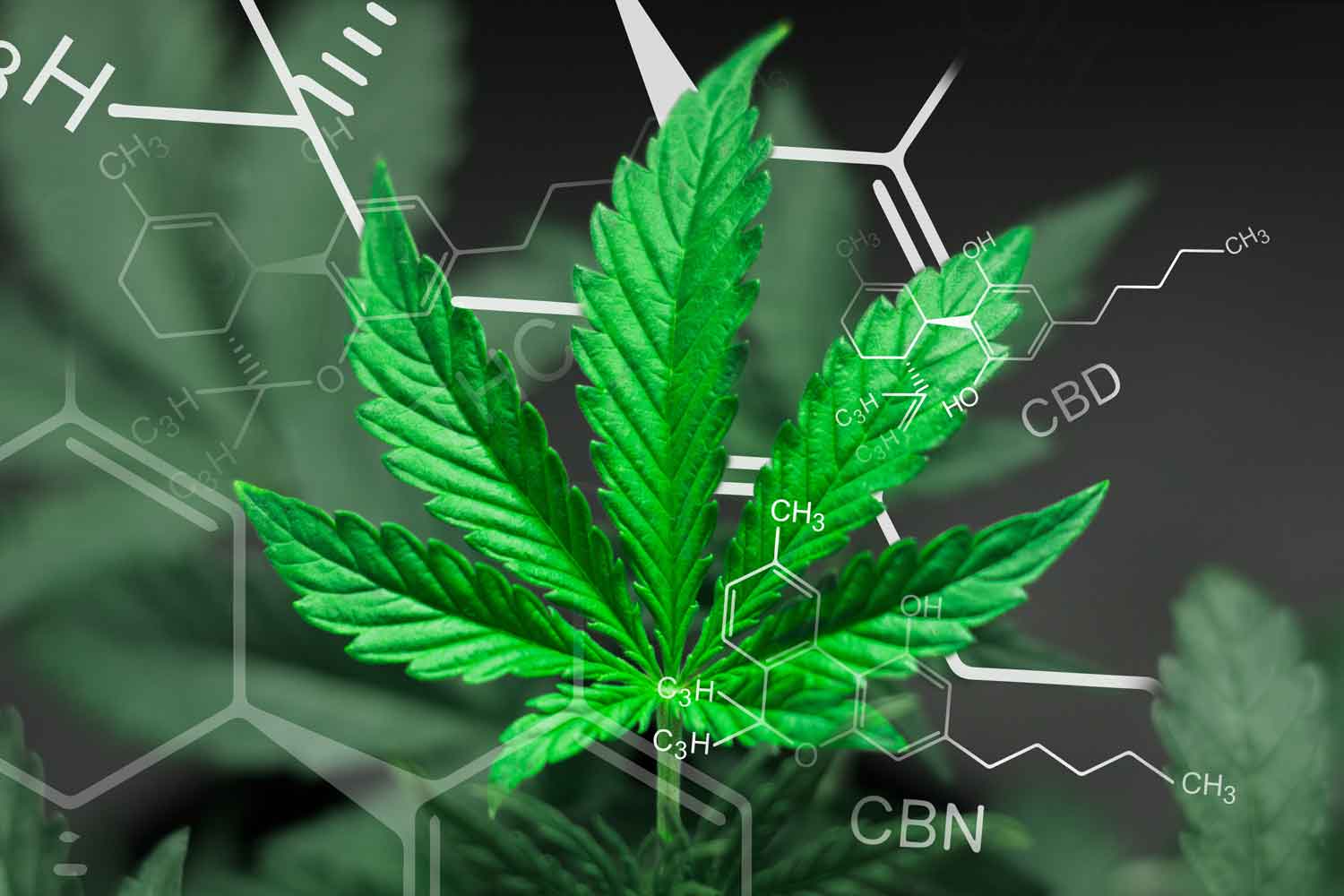
Mother Nature | The Ultimate Mood Booster
WRITTEN BY MADISON SCHMIDT AND DR. SWATHI
Today’s world offers us many distractions, especially through technology. When negative feelings arise, it is easy to pick up our cell phones and play our favorite phone game or scroll endlessly through Tik Tok, Facebook, Instagram, you name it. But why do we do this?
It is a distraction. A distraction from the “real” world, but NOT a solution. I may be speaking for myself, but when I look up from my phone after scrolling on social media for an hour, I usually feel worse than I did before, never fully refreshed. Fortunately, there is a solution to fight these negative feelings that may include anxiety and/or depression and her name is mother nature.
Can being in nature improve mood?
The quick answer to this question is yes! In a study that asked participants diagnosed with depression to go for a walk in an urban or natural setting, those who took the nature route had a significant increase in mood compared to those that took the urban route (1). In other various studies that show the benefits of nature on mental health, researchers define three different theories as to why this may occur (2,3).
Stress Reduction Theory (SRT)
Stress reduction theory explains that we have a preference for nature due to an innate connection we have to nature as humans. Evolution plays a major role in this theory since it is thought that our ancestors would have had better rates of survival in areas with vegetation, visible horizons, and water. Therefore, when in nature, we have an evolutionary, parasympathetic response which decreases stress levels and promotes relaxation.
Attention Restoration Theory (ART)
Attention restoration theory focuses on how nature can engage our involuntary attention; therefore, giving our minds a rest from the direct attention to constant stimuli that is demanded from the urbanized world we live in today. This rest we give our minds in turn can increase focus and concentration as it frees the mind from unnecessary “noise”.
Preferences for Nature
Within the third theory, preferences for nature, it is thought that four components may outweigh the innate connection we as humans have to nature as supported by the stress reduction theory (SRT) and the attention restoration theory (ART). These components include “being away, fascination, extent, and compatibility” and they are thought to drive someone’s preference for a natural place.
What is ecotherapy?
Before defining ecotherapy, we need to define nature. It is most commonly studied as a broad term ranging from a local park in an urban area to a forest full of trees (3). With this in mind, at its core, ecotherapy is the act of interacting with nature to stimulate growth and healing (4). If you think about it, this definition explains that nature not only supports us physically with food, water, and air to live but it also nourishes us mentally by elevating our mood, as we have previously discussed.
When discussing ecotherapy it is important to consider the state of ecosystems today. As urbanization continues to dominate the natural world, opportunities for ecotherapy will lack in terms of abundance, ultimately affecting our health. Examples affecting our physical health include substandard air and water quality. Our mental health may also be affected by reducing the amount of natural sights, as it has been shown that even the sight of nature can improve mood (2).
Can having plants inside improve mood?
If you struggle to find time to get outdoors, there are still ways to reap the benefits of nature. One answer is by bringing the outdoors in, or in technical terms, having indoor nature exposure (INE). This can be accomplished in various ways, but the most common way is having plants indoors. This has been shown to improve mood by increasing relaxation and happiness. Other benefits of indoor nature exposure (INE) include improved health, decrease in stress, and increase in cognitive function (5).
How can we relieve stress from the COVID-19 pandemic?
It’s no secret that the current pandemic has taken a toll on people’s mental health. According to a survey completed in the United States, there was a 3-fold increase in depressive symptoms shown in people during the pandemic compared to before (6). So, taking initiative for our mental health has never been more important and nature can help us do this!
One way to start relieving stress via nature is by getting outside, if it’s safe in your area as per CDC COVID-19 guidelines. There are plenty of places, especially in areas rich with nature, where there are hardly any people in sight. Take a walk in these areas or simply just be present to experience an uplifting change in mood.
Having indoor nature exposure (INE) such as keeping house plants also has multiple benefits on mental health. Other ways to bring nature closer to home to enhance mood may include hanging a bird feeder, hanging pictures of nature scenes in the house, and listening to the sounds of nature either by opening a window or even by audio recording. It is all about the little things we can do everyday to help us feel our best during this time. Thank you, Mother Nature.
Resources:
- Berman MG, Kross E, Krpan KM, Askren MK, et al. Interacting with nature improves cognition and affect for individuals with depression. J Affect Disord. 2012 November; 140(3): 300–305.
- Chaudhury P, Banerjee D. “Recovering with nature”: a review of ecotherapy and implications for the COVID-19 Pandemic. Front. Public Health. 2020 December 10; 8: 1-12.
- Bratman GN, Hamilton JP, Daily GC. The impacts of nature experience on human cognitive function and mental health. Ann. N.Y. Acad. Sci. 2021; 118-136.
- Summers JK, Vivian DN. Ecotherapy – a forgotten ecosystem service: a review. Front. Psychol. 2018 August 3; 9: 1-13.
- McSweeney J, Rainham D, Johnson SA, Sherry SB, Singleton J. Indoor nature exposure (INE): a health-promotion framework. Health Promot. Int. 2014 September 24; 30(1): 126-139.
- Ettman CK, Abdalla SM, Cohen GH, Sampson L. Prevalence of depression symptoms in US adults before and during the COVID-19 Pandemic. JAMA Netw Open. 2020 September 2; 3(9).
--
This article was edited by Dr. Swathi and was written by Element Apothec Scientific Communications Intern, Madison Schmidt. She is a Doctor of Pharmacy (PharmD) student at Southern Illinois University Edwardsville School of Pharmacy in Edwardsville, Illinois.











